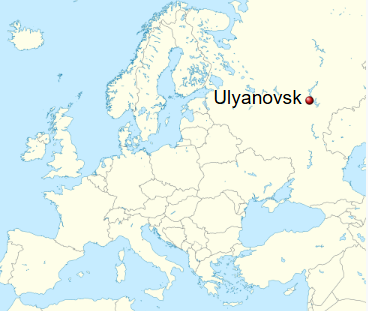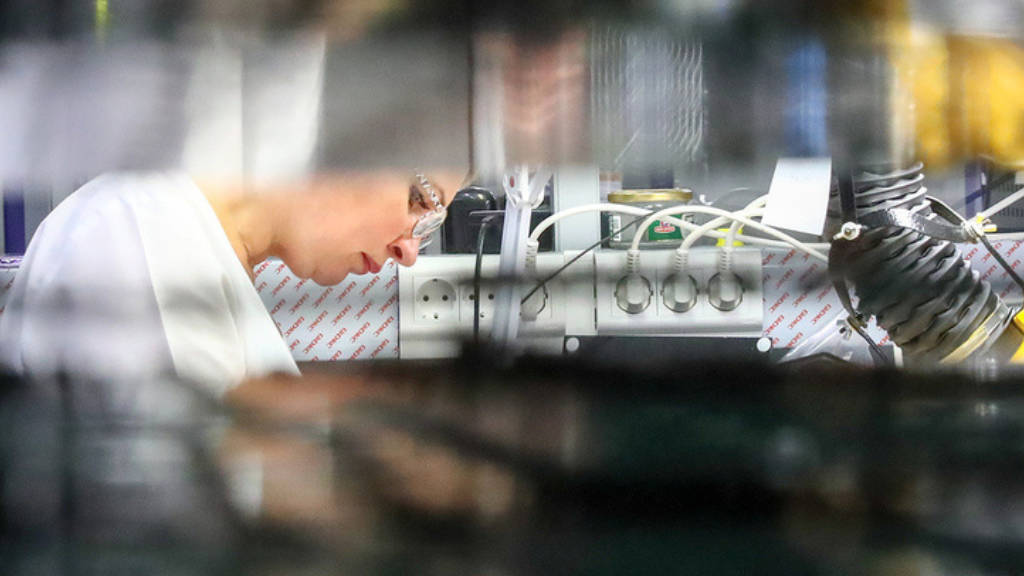Chinese companies are interested in further localizing their production in Russia, according to Oleg Nepochatov, the CEO of the Ulyanovsk Special Economic Port Zone. He was speaking at the 3rd Sprouts Business Forum which has been held in Kazan.
Nepochatov said that “We see the demand of the Chinese companies to deepen localization of their products at present. This is driven in the first instance by significant changes in the Russian regulatory environment.”
He added that in 2024, China took the lead in the volume of goods imported by the Ulyanovsk Region, while China is also a significant importer of goods from the same. Bilateral cooperation is also increasing in the automotive and machine tools industries, the manufacturing of various component parts, unmanned aerial vehicles, renewable energy, the building materials industry, trade, and logistics. Ulyanovsk is a city and the administrative centre of Ulyanovsk Oblast, Russia, located on the Volga River, 705 km east of Moscow.

Nepochatov stated that “We see prospects for investment cooperation in the following branches: creation of assembly facilities for cars and trucks with further localization prospects, manufacturing of auto parts, agricultural machines, machine tool building, production of components for the machine tool industry, manufacturing of various kinds of electronics and home appliances, fabrication of new materials, composites, and so on.”
At Russia’s Pivot To Asia, we are noticing that although there has been a slowdown in overall Russia-China trade and investment we are also seeing a revival in more considered investments, with these taking more account of Russian regulations designed to better balance bilateral trade. What Russia doesn’t want is Chinese manufacturers exporting finished products to Russia; it wants to be involved in the process, which means that Chinese exporters need to combine their products with Russian components and, ideally, utilize Russia-based assembly and production lines.
This will be a growing trend, as Nepochatov points out. In time, the Russia-China bilateral trade portfolio is also likely to develop from industrial into more high-tech applications as both economies seek to move up the value chain towards innovation and design.
Further Reading
China’s Great Wall Autos Investing In Auto Components Plant In Tula

 Русский
Русский













